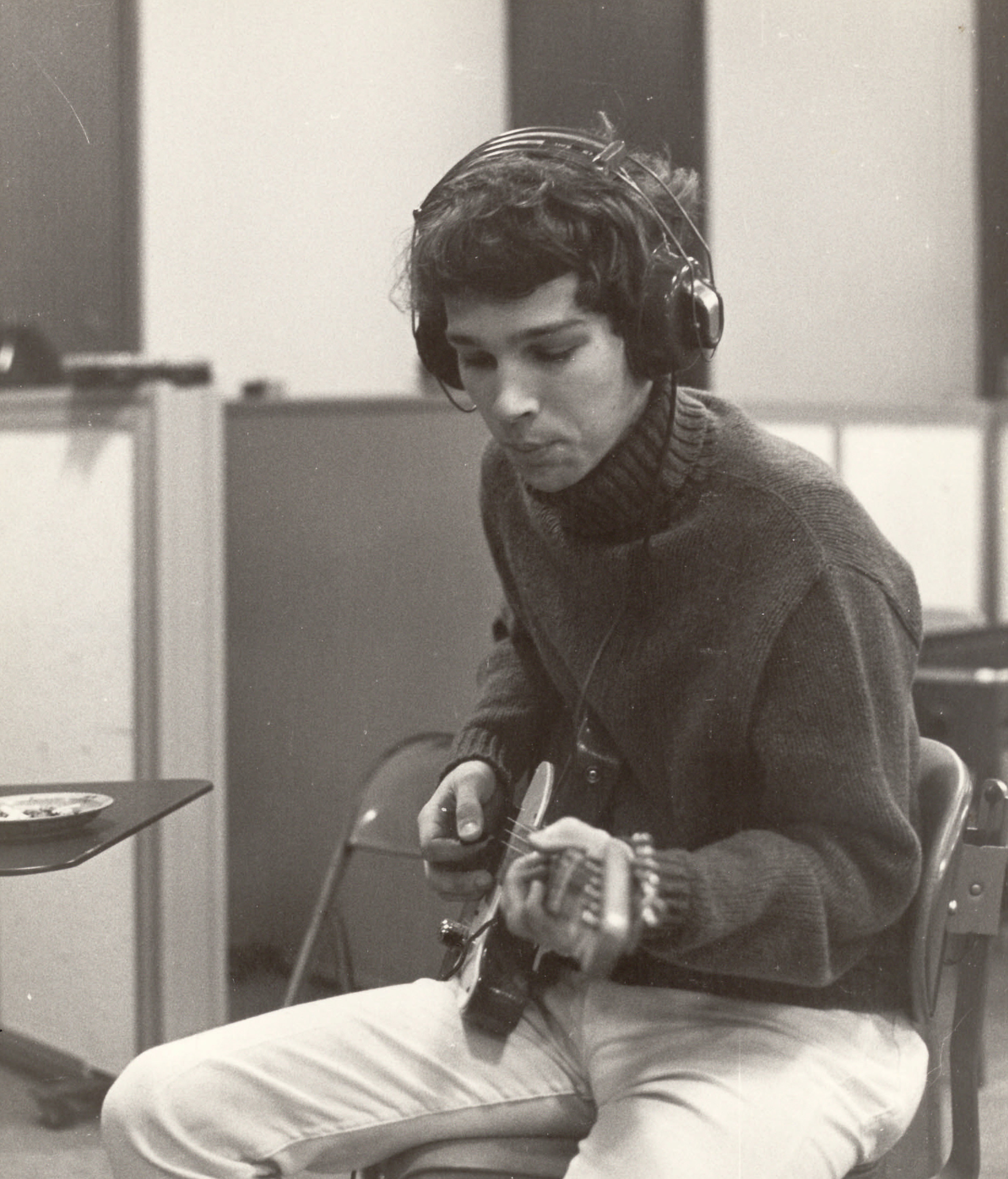Big Star: Nothing Can Hurt Me
Runs Fri., July 19–Thurs., July 25 at Grand Illusion. Not rated. 100 minutes.
When Alex Chilton died three years ago, casual listeners could be forgiven for thinking that Big Star was his band, part of a long, eclectic music resume that began on ’60s jukeboxes. Drew DeNicola is no casual fan, and his documentary intends to correct the record about the Memphis group, which produced three albums between 1971 and 74 with various personnel. The mercurial Chilton was one constant, but the group’s main creative force was plainly Chris Bell (1951–1978). His early death in a car crash placed a cloud over Big Star’s legacy, even when Chilton revived the band in the ’90s (hence the claim to ownership).
Big Star’s sound—studio-manicured and full of aching harmonies—still inspires devotion, and tributes here come from Robyn Hitchcock, Mike Mills, Lenny Kaye, Ira Kaplan, and other indie-rock elders. Part of the allure for such vinyl devotees is the paradoxical fervency of the record snob: That a group was ignored by radio, the mainstream press, and callow album shoppers is proof of its superiority. There’s nothing the collector or critic loves more than to say “You just don’t get it, man.” Not quite such an obsessive, DeNicola walks us through an album-by-album history of Big Star, footnoted with entirely too much of Chilton’s later career. There are old stills, new interviews, song snippets, and even period movies by the artist William Eggleston (!), a member of the same Memphis demimonde.
However, the film inevitably suffers from a lack of primary sources, Bell and Chilton being dead, and their personalities don’t come through. To later gain access to Bell’s family members, one suspects, DeNicola had to be coy about Bell’s mental-health issues. A surviving brother recalls Bell telling him, “You should do drugs—it takes away your sexual urges.” Wait, what kind of sexual urges? The door is shut.
Graying fans of Big Star will naturally welcome this documentary, in part because it never ventures outside a fan’s perspective.
bmiller@seattleweekly.com








